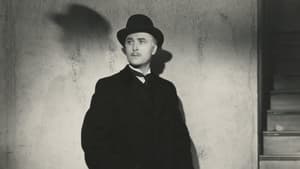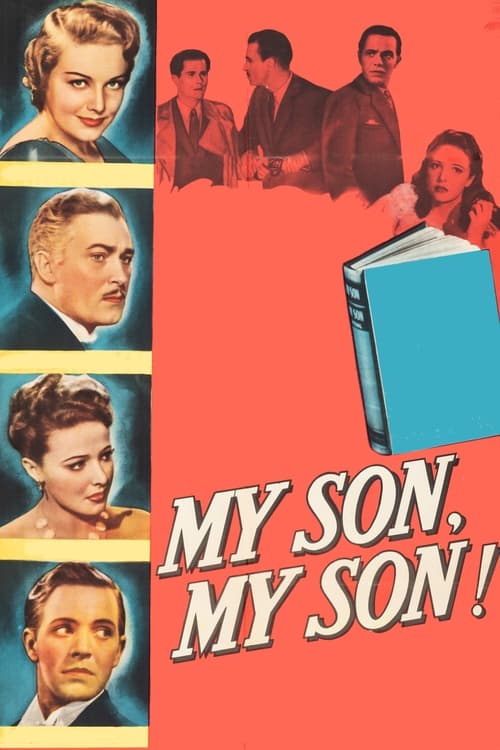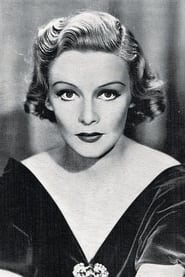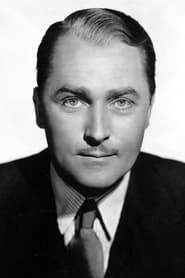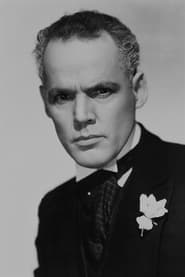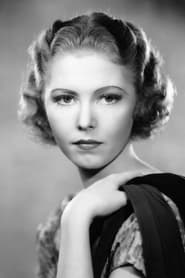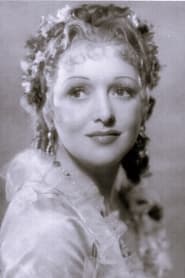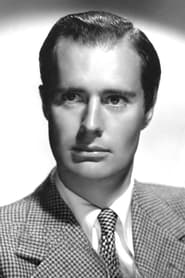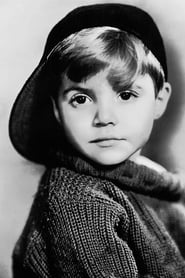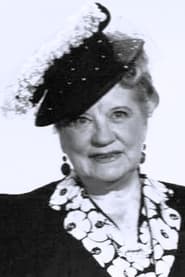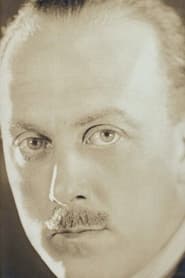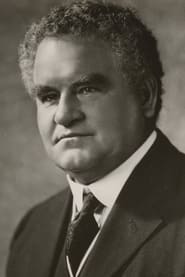Cast
View AllMadeleine Carroll
as Livia Vaynol
Brian Aherne
as William Essex
Louis Hayward
as Oliver Essex
Laraine Day
as Maeve O’Riordan
Henry Hull
as Dermot O’Riordan
Josephine Hutchinson
as Nellie Moscrop Essex
Sophie Stewart
as Sheila O'Riorden
Bruce Lester
as Rory O'Riorden
Scotty Beckett
as Young Oliver
Brenda Henderson
as Young Maeve
Teddy Moorwood
as Young Rory
May Beatty
as Annie
Stanley Logan
as The Colonel
Lionel Belmore
as Mr. Moscrop
Mary Gordon
as Mrs. Mulvaney
Crew
Director
- Charles Vidor
Reviews
CinemaSerf
"William" (Brian Aherne) is the working man made good and is determined to see that his young son has all of the things that he didn't have growing up. The best of clothes, housing, eduction - and it all creates the rather miscreant creature that is "Oliver" (initially played well as a rather odious child by Scotty Beckett, then by Louis Hayward). He values nothing, takes for granted everything he has and gradually, as he gets older, hurts and alienates just about everyone. The only people who seem to be able to see through his façade, and who care enough to try and help are "Livia" (Madeleine Carroll) and the flighty, love-struck, young "Maeve" (Laraine Day) but will it all be too little too late for this increasingly self-destructive fellow? The story is interesting and illustrates the dangers of spoiling a child, but somehow the character of the father is just too soft. Too trusting and forgiving. This is a man who came up the hard way and though clearly he wants better for his child, his character is so weak as to frequently come across as implausible. The one staple in all of this is the friendship between "William" and his lifelong friend "Dermot" (Henry Hull) which becomes more important as the penny drops that young "Oliver" looks like a lost cause. There's no stopping cringing every time "Day" breaks into her Irish scent - it could strip paint, and as the story lumbers on I felt it all dragged down in a wordy dialogue and a paucity of pace or development. Like it's stuck in treacle, it seems to lose it's way until we are rescued by the War. Hayward is good, the story is solid - but the film struggles.
Feb 14, 2023
Thematic Analysis
As a dramatic work, My Son, My Son! examines complex human relationships and emotional struggles against the backdrop of a period setting that reflects societal issues of its time. The character development particularly stands out, offering viewers a chance to reflect on their own life journeys.
Director Charles Vidor brings their distinctive visual style to this film, continuing their exploration of themes seen in their previous works while adding new elements. Their approach to character development and emotional depth creates a viewing experience that rewards close attention.
Released in 1940, the film exists within a cultural context that now offers viewers historical perspective on the social issues of that era. Its reception demonstrates the diverse reactions to its artistic choices and its place in cinema history.
Did You Know?
- The production of My Son, My Son! took approximately 13 months from pre-production to final cut.
- The final cut of the film runs for 116 minutes, though the director's initial assembly was reportedly 147 minutes long.
- The film contains approximately 2373 individual shots.
- The director insisted on using practical effects whenever possible, reserving CGI for only the most necessary scenes.
- Some visual effects sequences took up to 12 months to complete.
Historical Context
- In 1940, when this film was released:
- Television was becoming a dominant form of home entertainment.
- Rock and roll music was revolutionizing popular culture.
- The film industry was dominated by major studios, with independent cinema still in its early development.
How This Film Stands Out
While My Son, My Son! shares thematic elements with other films in its genre, it distinguishes itself through its unique approach to storytelling, visual style, and character development.
Unlike Wonder Boys, which takes a more conventional approach to its subject matter, My Son, My Son! offers a fresh perspective through its innovative visual language and narrative structure.
While films like The Quiet Man and Stromboli explore similar territory, My Son, My Son! stands apart through its deeper exploration of its central themes and more complex characterization.
This film's unique contribution to cinema lies in its bold artistic choices and willingness to challenge viewer expectations, making it a valuable addition to its genre.
Details
- Release Date: March 21, 1940
- Runtime: 1h 56m
